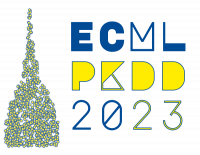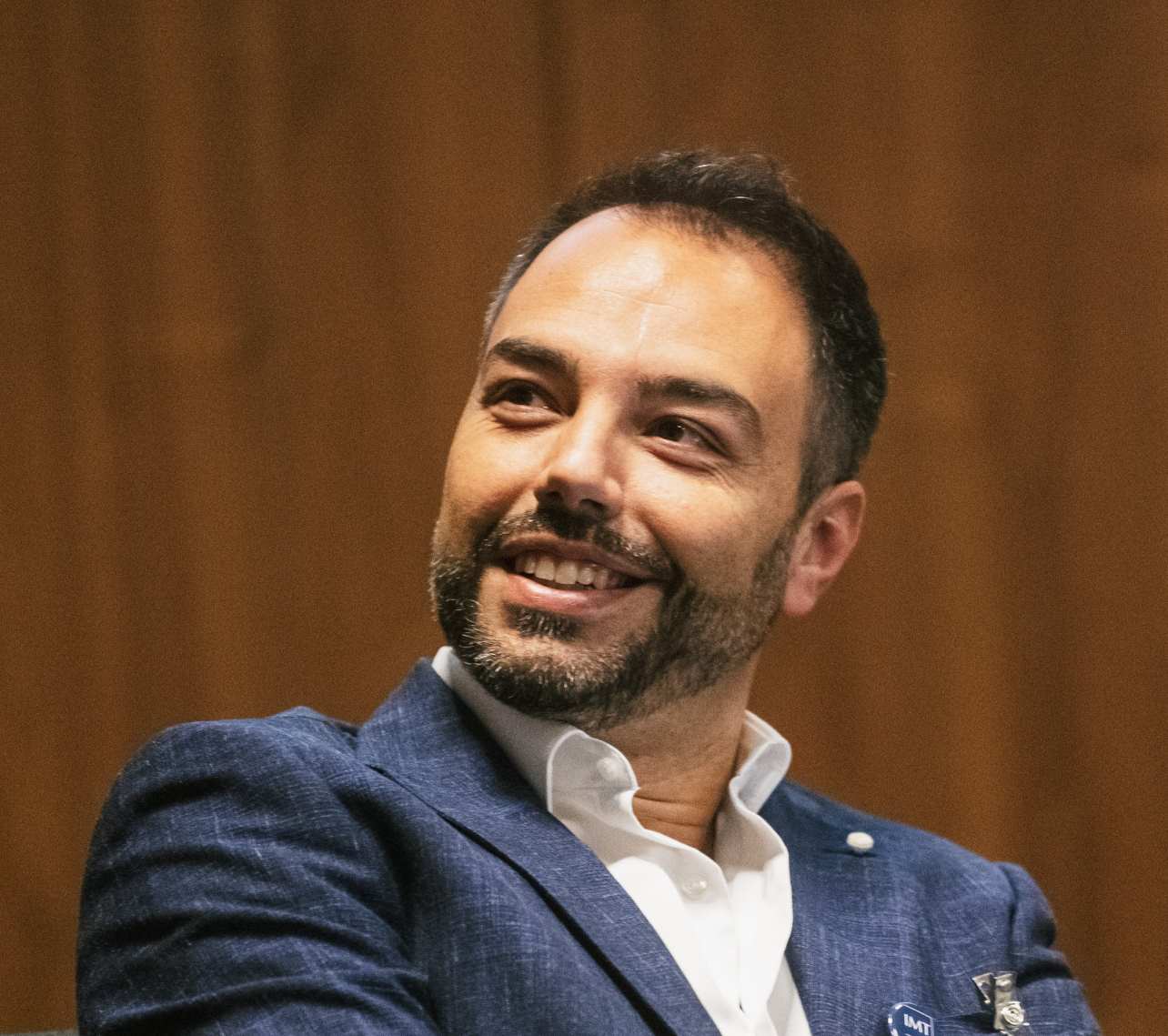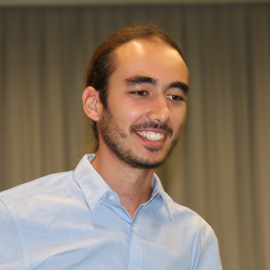
Pervasive AI is a rapidly growing field that combines artificial intelligence and pervasive computing. This tutorial is designed to provide an overview of this exciting research area, focusing on the latest learning methodologies and models used to design efficient and effective AI systems, including reservoir computing, federated learning, and continual learning.
Overall, the event’s target is a broad audience of researchers with diverse backgrounds and interests, including Artificial Intelligence, Cloud/Edge/IoT, Deep Learning, HPC, Machine Learning, and Pervasive computing.
The tutorial targets early-career and advanced-stage researchers seeking to enter a new AI field and gain foundational knowledge. At the same time, the workshop is intended to be a venue for scientific discussions and dissemination to the community.
Context and Motivation
Artificial intelligence (AI) is becoming a pervasive technology in ICT systems development, as well as for its presence in products and services of daily use. The pervasive use of neural-based methodologies and technologies comes at the cost of increased functional and non-functional requirements related to fundamental properties, such as energy efficiency, ability to continuously adapt to changing conditions and tasks, dependability, security and human-machine interactivity. While compelling, such requirements can also be seen as research opportunities to design and develop novel AI methodologies that are efficient and effective in meeting such requirements, e.g., developing continual learning strategies for lifelong adaptation or randomised ant tiny neural networks to facilitate learning on constrained devices. Pervasiveness has another interpretation linked to the need to develop computing and communication technologies specifically meant to support the deployment and execution of AI models, e.g., neuromorphic hardware or high-performance computing for AI acceleration. The event we propose focuses on the novel and thriving research field of Pervasive AI, lying at the crossroads of artificial intelligence and pervasive computing.
Tutorial on Continual learning in distributed and heterogeneous systems
This tutorial will cover fundamental and state-of-the-art AI methodologies and models enabling the design of efficient and effective distributed and embedded neural learning systems, including reservoir computing, federated learning and continual learning. The view on AI methods will be complemented by an introduction to relevant pervasive computing and communication abstractions, infrastructures, and applications for AI. Relevant programming libraries and tools will also be introduced whenever appropriate. The tutorial targets early-career researchers seeking ideas for their doctoral studies and more advanced-stage researchers looking to enter a novel AI field, rapidly building momentum and seeking foundational knowledge and a perspective on current research.
The ideal audience would have a foundational knowledge of learning-based methodology without necessarily being experienced in AI research. We want to be inclusive of a broader audience of researchers with different backgrounds and interests, including Artificial Intelligence, Cloud/Edge/IoT, Deep Learning, HPC, Machine Learning and Pervasive computing.
The benefit to participants will be two-fold. On the one hand, they will be introduced to knowledge about a toolset of models and methodologies relevant to the Pervasive AI topic but which also have value and impact per-se (e.g., continual learning, neuromorphic computing, federated learning, reservoir computing, etc.). On the other hand, the participants will also benefit from the opportunity to be early members of a novel and growing research community. We believe the topic of the tutorial to be extremely timely, given the worldwide interest towards some of its key topics, such as continual learning (arguably the fastest-growing theme in the neural network conferences in 2021-23), sustainable AI (which is a major theme in the top generalist AI venues), federated learning. In addition to this, several national and international initiatives (e.g., DARPA, Horizon Europe, etc.) are vigorously promoting research which deals with fundamental topics in Pervasive AI, including learning at the edge and edge AI, neuromorphic computing, and general sustainable AI, for which heavy research financing is foreseen in the coming years.
Topics
The tutorial is organised into four modules (each of about 45 minutes). The first module will introduce the basic concepts of efficient and scalable neural network design for pervasive computing. The second module will introduce and delve into the solutions, architectures and approaches enabling distributed, pervasive and federated learning, with a specific focus on this latter, both from a computational and communication standpoint. The third module will build on the foundational concepts introduced in previous modules to discuss the most recent advances in neural networks in the cloud-edge continuum, spanning from scalable and federated deep reservoir computing to efficient neuromorphic architectures. The fourth and last module will conclude the tutorial with an introduction to continual learning and its most recent research challenges associated with learning in pervasive computing settings.
Slides
- Part 1 – Fundamentals of Pervasive AI
- Part 2 – Solutions and Infrastructures for distributed and federated learning
- Part 3 – Advanced Models
- Part 4 – Continual Learning
Tutorial Instructors

Davide Bacciu
Associate Professor at the University of Pisa and head of the Pervasive AI Laboratory. He coordinates two EU projects on pervasive AI, distributed and embedded neural systems, continual learning and human-centred AI. He is a Senior Editor of the IEEE TNNLS, an IEEE Senior Member, vice-chair of the IEEE Neural Network TC, and the Italian Association for AI Vice President.

Antonio Carta
Assistant Professor at the University of Pisa and a member of the Pervasive AI Laboratory. His recent research is focused on continual learning, including multi-agent and replay-free settings. He is the lead maintainer of Avalanche, an open-source continual learning library developed by ContinualAI.

Patrizio Dazzi
Assistant Professor at the University of Pisa and co-founder and co-head of the Pervasive AI Laboratory. His research is focused on large distributed systems. He has been coordinating EU research projects (ACCORDION and BASMATI) in the intelligent placement and management of cloud-based applications. He is a member of the Executive Committee of the IEEE Technical Committee on Cloud Computing.

Claudio Gallicchio
Assistant Professor at the University of Pisa and a member of the Pervasive AI Laboratory. His research is at the intersection between deep learning, dynamical systems, and sustainable AI. He founded the IEEE task forces on Reservoir Computing and Randomization-Based Neural Networks and Learning Systems.